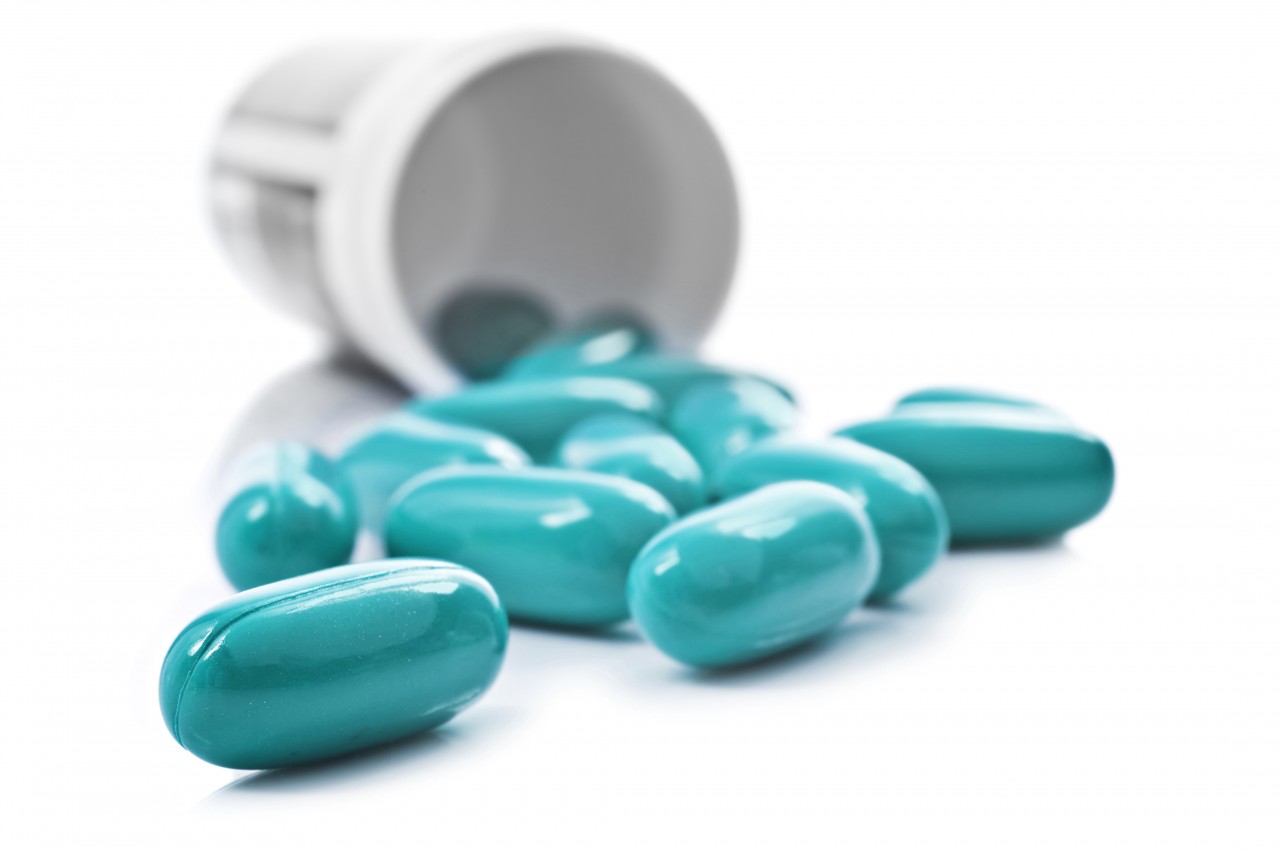According to recent findings, proton pump inhibitors (PPIs) — medications commonly used for the treatment of heartburn and acid reflux — may have harmful effects on the kidneys. The results will be presented during the 2015 ASN Kidney Week (November 3–8) taking place at the San Diego Convention Center in San Diego, California.
Kidney disease is the eighth leading cause of death in the United States, with an estimated 31 million people suffering from chronic kidney disease (CKD). Hypertension and diabetes are common risk factors for the condition, however, certain drug agents may play a role in its development. These recent studies revealed that increased use of PPIs — a group of drugs whose main action is a pronounced and long-lasting reduction of gastric acid production — may contribute to the development of CKD.
In one of the studies, titled “Proton Pump Inhibitor Use is Associated with Incident Chronic Kidney Disease” (Abstract SA-OR005),” Benjamin Lazarus, MBBS from the Johns Hopkins University, and co-researchers followed 10,482 adults with normal kidney function to observe that PPI users were at a 20% to 50% increased risk of CKD development, compared with non-PPI users. This finding was verified in a second study, titled “Proton Pump Inhibitors Are Associated with Increased Risk of Development of Chronic Kidney Disease” (Abstract TH-PO574),” in which more than 240,000 CDK patients were monitored from 1997 to 2014.
“In both studies, people who used a different class of medications to suppress stomach acid, known as H2-blockers, did not have a higher risk of developing kidney disease,” said Dr. Lazarus. “If we know the potential adverse effects of PPI medications, we can design better interventions to reduce overuse.”
In another investigation, Pradeep Arora, MD, from the SUNY, Buffalo, in New York, discovered that among 24,149 CDK patients who developed the disease between 2001 and 2008, 25.7% had been treated with PPIs. When looking at the total group of patients (n=71,516), those who took PPIs were at a lower risk of developing hypertension, cancer, diabetes, vascular disease, and chronic obstructive pulmonary disease (COPD). However, PPI use was associated with a 10% increased risk of CDK development and with a 76% increased risk of premature death.
“As a large number of patients are being treated with PPIs, health care providers need to be better educated about the potential side effects of these drugs, such as CKD,” said Dr. Arora. “PPIs are often prescribed outside of their approved uses, and it has been estimated that up to two-thirds of all people on PPIs do not have a verified indication for the drug.”

